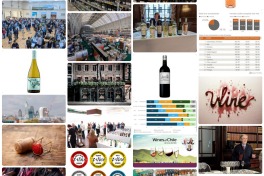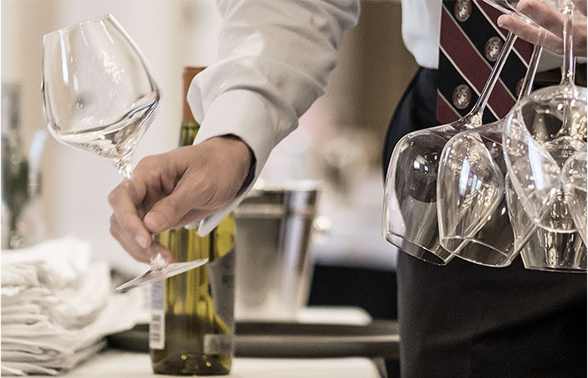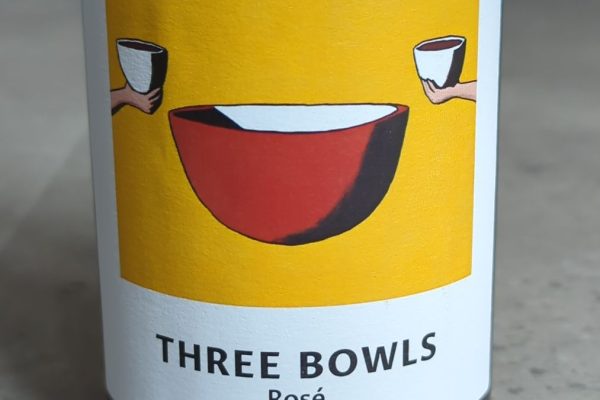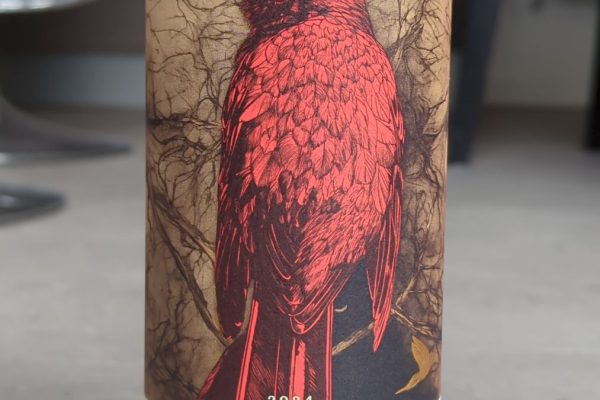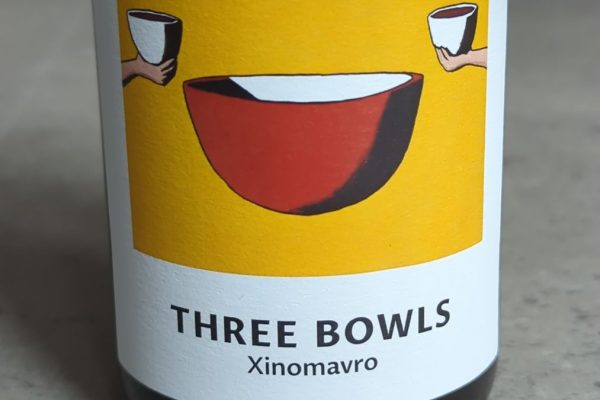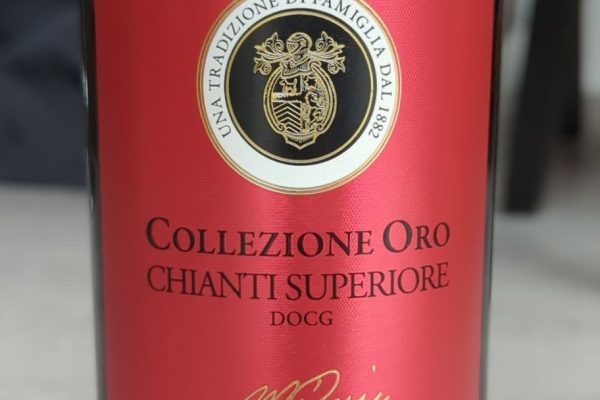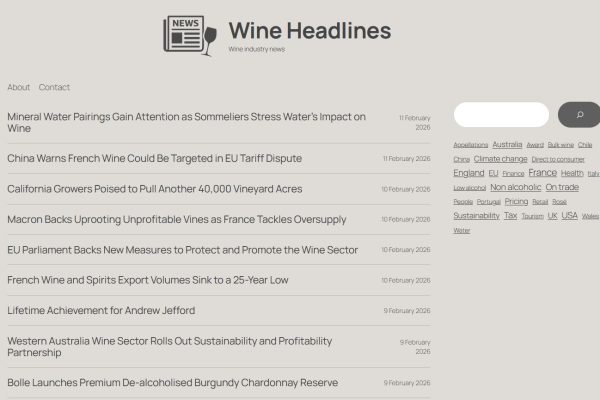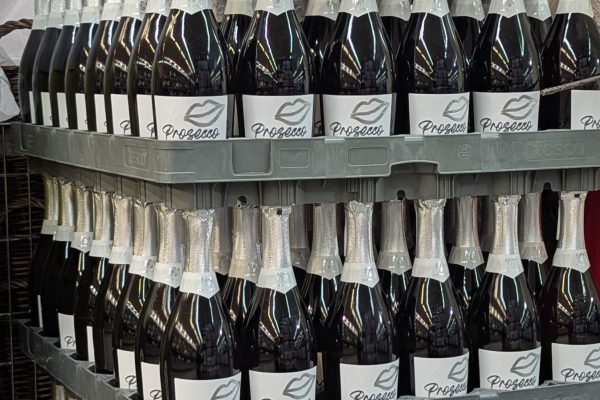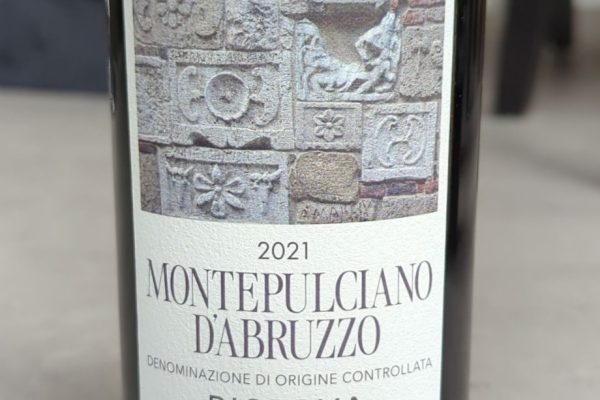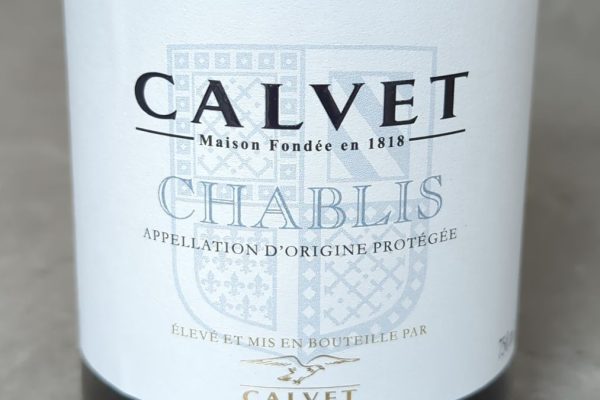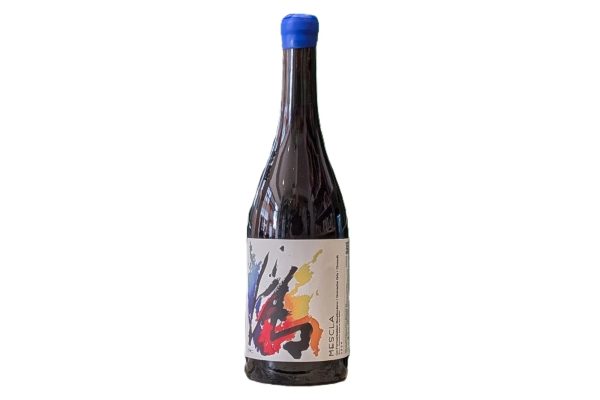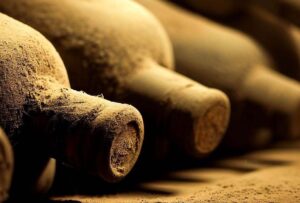
Contrary to popular belief, not all wines get better with age. While some wines do indeed mature well, many are meant to be enjoyed in their youth. Only a small 1% of wines are designed to be stored for extended periods. The vast majority are best drunk when they’re fresh, lively and bursting with their inherent characteristics.
Price as an Indicator
You might think that the more expensive a wine, the better it ages. While there’s some truth to this, it’s not a hard and fast rule. Wines priced below £25 are typically meant for immediate consumption and are unlikely to benefit from aging. In contrast, those priced above £100 often have the structure and components that allow them to mature gracefully. However, price alone shouldn’t be the sole determinant. Factors such as tannins, acidity and sugar content play pivotal roles in a wine’s aging potential.
Key Factors in Wine Aging
- Tannins: These compounds, derived from grape skins or oak barrels, act as preservatives, slowing down the aging process.
- Acidity: A good level of acidity helps in preserving the wine, ensuring it doesn’t deteriorate quickly.
- Sugar: Wines with high sugar content, especially some dessert wines, can age for extended periods due to their inherent preservative qualities.
The wine’s structure, origin, grape variety, and even the climatic conditions during its production year can influence its aging potential. Regions like Bordeaux, Burgundy, Piedmont and Napa are renowned for producing wines with excellent aging potential.
Guidelines for Different Wines
- White Wines: Light varieties such as Pinot Grigio and Sauvignon Blanc are best within 1-3 years of their vintage. In contrast, full-bodied ones like Chardonnay can be aged for 3-7 years or more, depending on their structure.
- Red Wines: Light reds like Beaujolais are typically best consumed within 2-5 years. Medium to robust reds, on the other hand, can mature anywhere from 4-20 years, due to their tannin structure.
- Rosé Wines: These are best enjoyed fresh, ideally within 1-3 years from their vintage.
- Sparkling Wines: Prosecco keeps for 1-3 years, while vintage champagnes can mature for 5-15 years.
- Dessert Wines: Wines like Sauternes, with their greater sugar and acidity levels, can mature for many decades.
Storing Wines for Aging
If you’re considering aging wines, proper storage is important. Wines should be kept cool, ideally between 10-15°C. They should be shielded from light and if having a cork, stored horizontally to keep it moist and maintained in an environment with about 70% humidity to prevent it from drying out. Most fortified wine, such as Port and Madeira, should be stored upright because the wine can outlive the cork and the sediment will eventually form at the bottom of the bottle and won’t distribute through the wine when poured. A dedicated wine refrigerator or cellar is often the best choice for storing wine.




